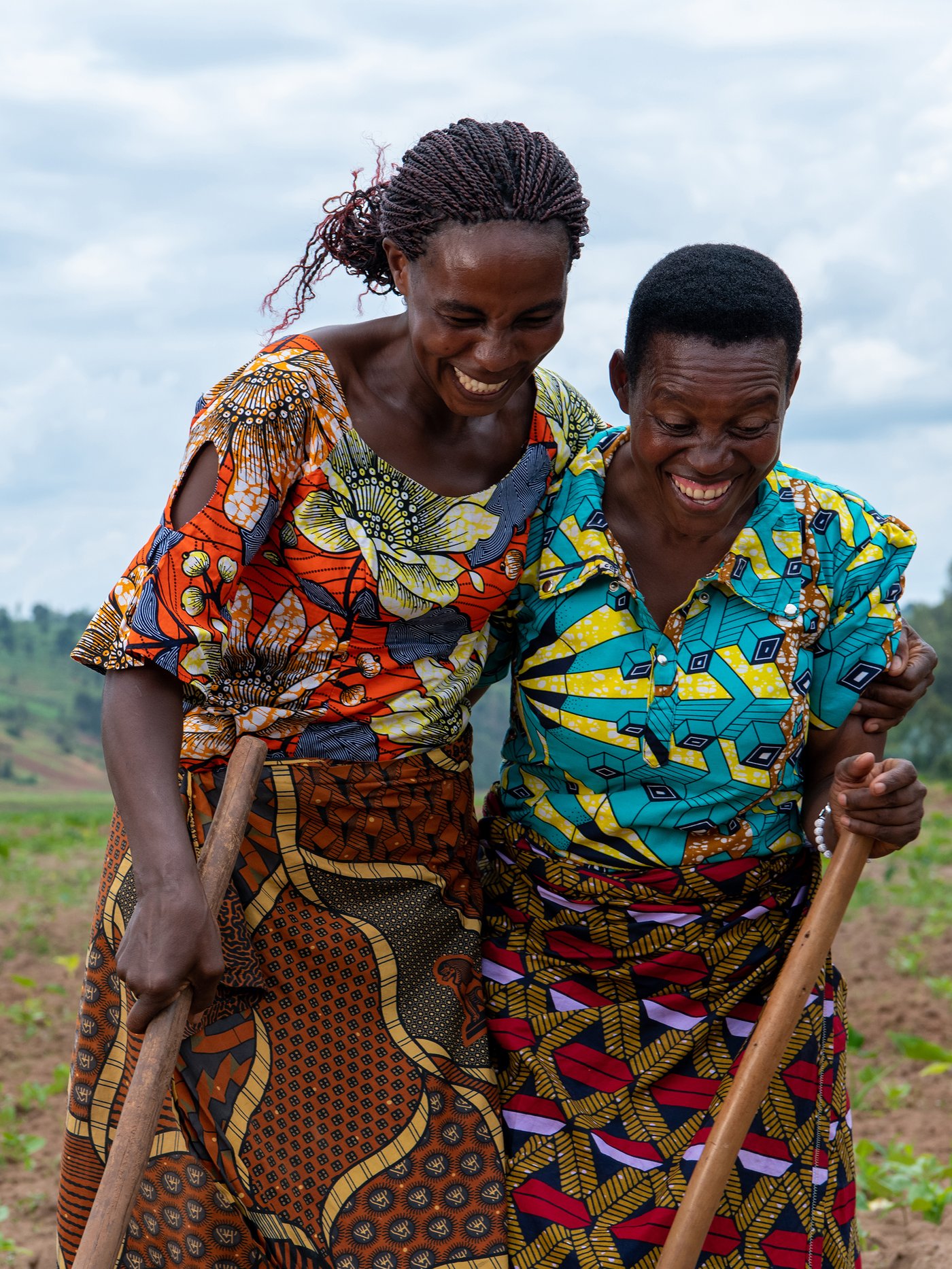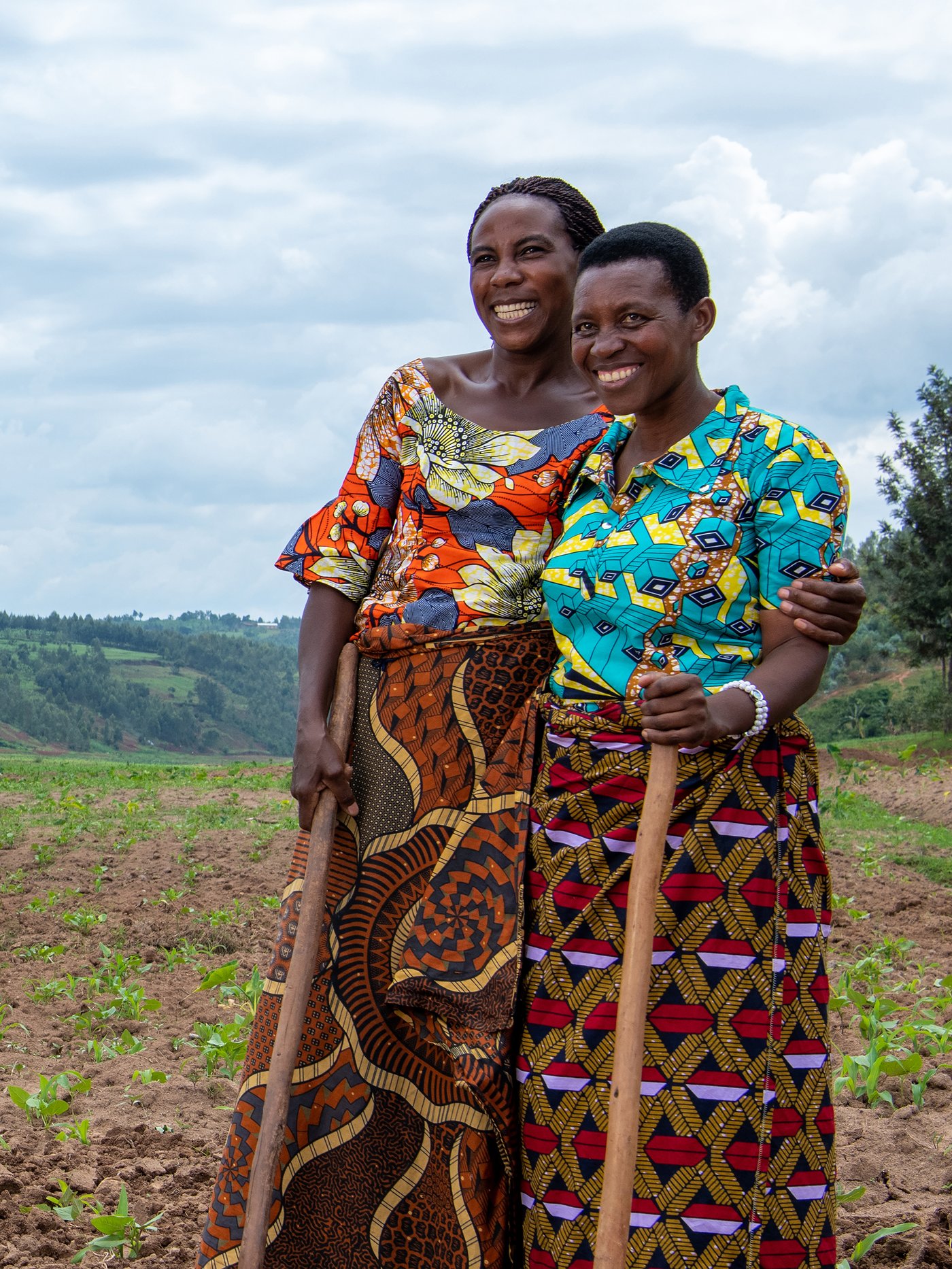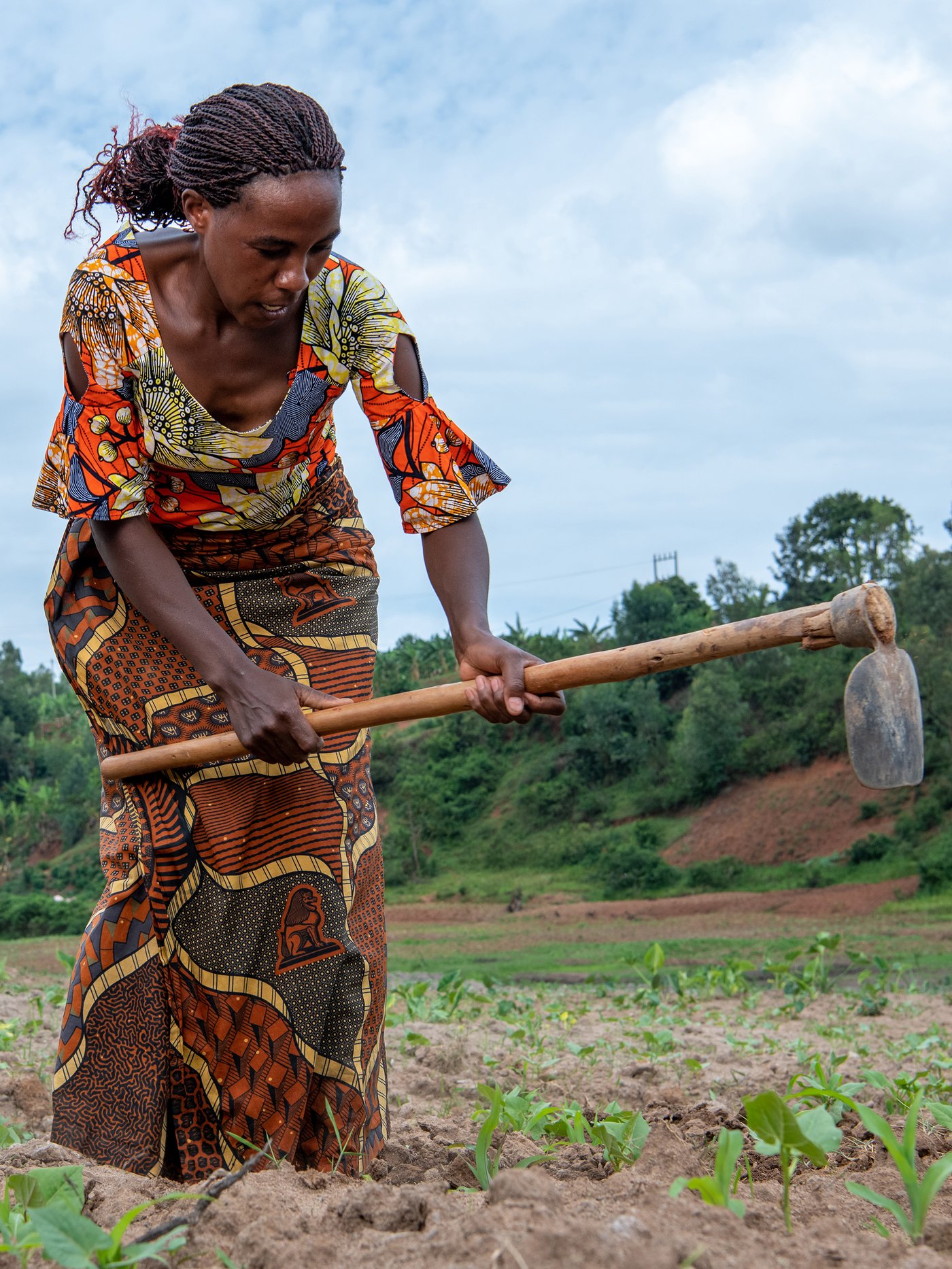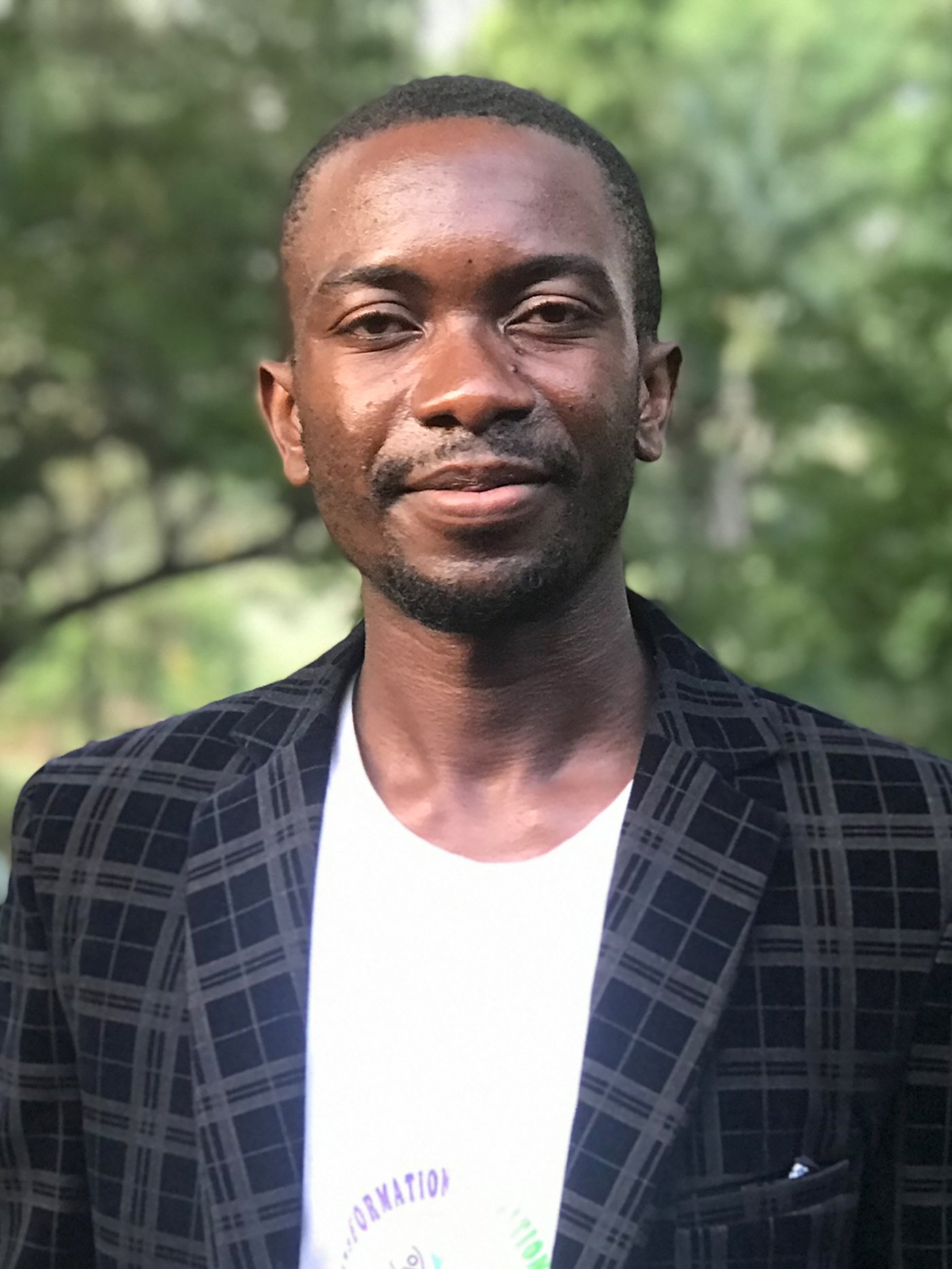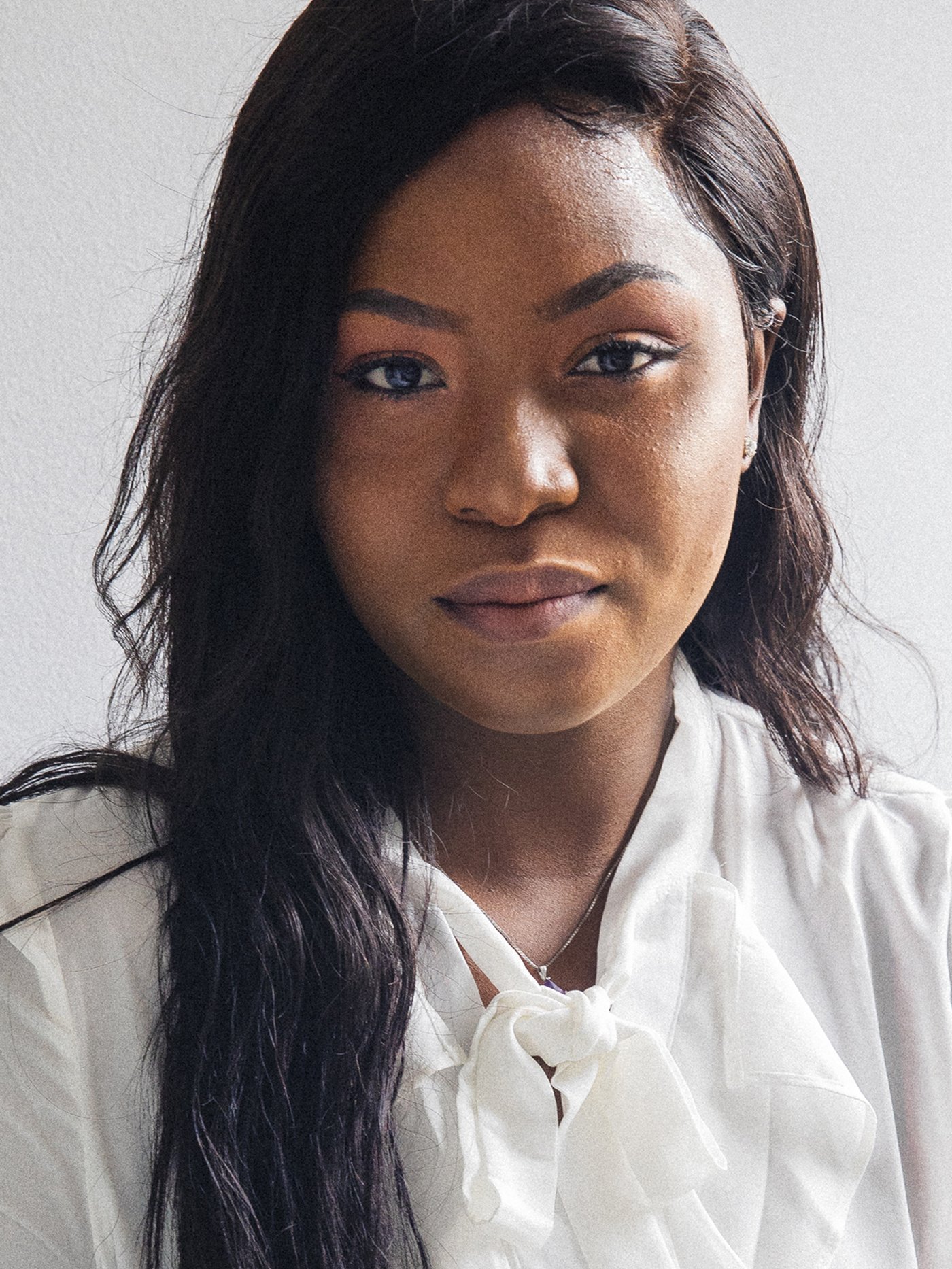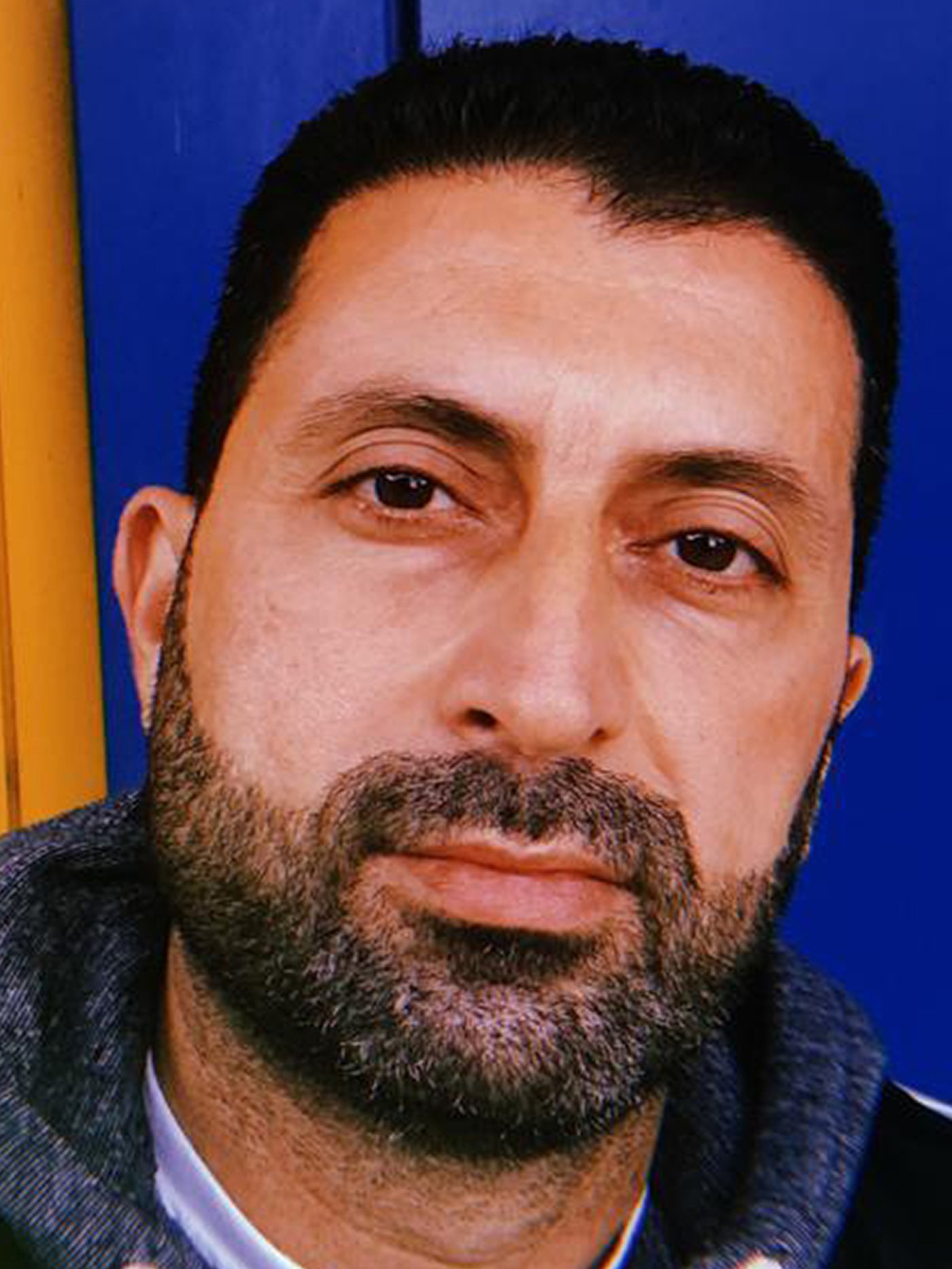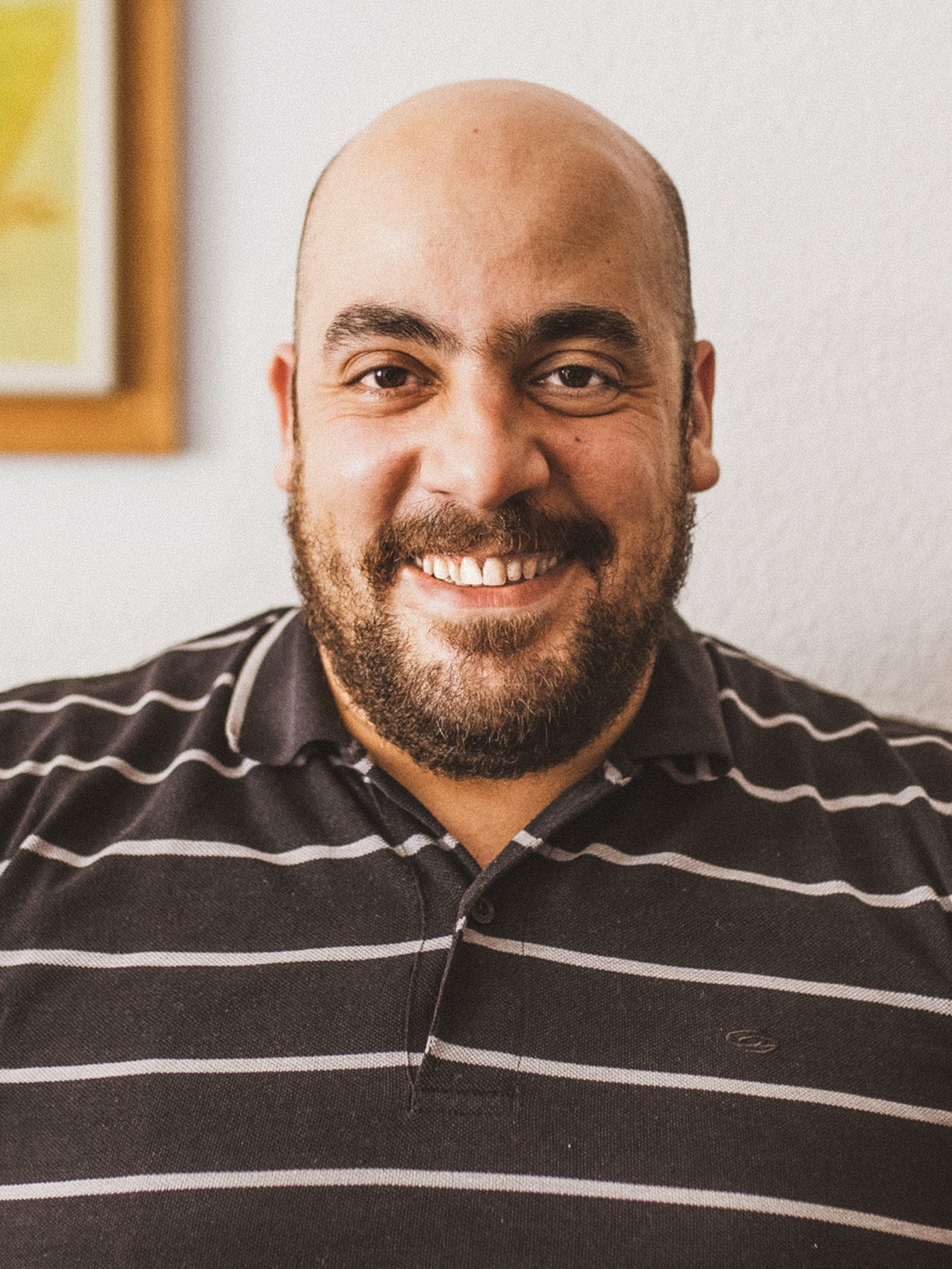From the DRC to Rwanda – Meet Clementine
My name is Clementine. I am a 40-year-old Congolese refugee living in Mugombwa in Rwanda. I arrived in Rwanda in 2013 with my children.

My journey from the Democratic Republic of the Congo (DRC) was difficult.
When the war broke out, I was in North Kivu – in Bicanga Village. We had a house, a farm and eight cows, among other things. We fled because a group of people from a different ethnic group burned down our house and looted all our belongings.
We walked through Kirorirwe Forest and then took public transportation to Goma (the Eastern part of DRC). We walked from Goma to the Rwandan border and were warmly welcomed at the reception center on the Rwandan side.
We were moved to the Nkamira reception center. From there, we were transferred to Mugombwa refugee camp
Credit: © UNHCR/Samuel Otieno
Working as a farmer means a lot to me. It’s a path to self- reliance and an opportunity to feed my family and meet their basic needs."
ClementineFarmer & Entrepreneur
In Rwanda, I’ve been encouraged to be self-reliant and help other vulnerable women in the camp become expert farmers to cultivate more crops and preserve our way of life. And we are on good terms with the host community, with whom we collaborate on livelihood activities.
The farm doesn’t produce enough due to the size of the land, so what I earn complements the support I get from UNHCR. For example, it helps us get clothes and shoes.
Nowadays, I don’t just farm. UNHCR trained me in different areas – like development and project management. So today, I also earn money through a small shop that I own. We sell rice, corn flour, sugar, salt, beans, cassava flour and oil.
Through UNHCR I learned how to develop my business and sharpen my skills."
ClementineFarmer & Entrepreneur
Credit: © UNHCR/Samuel Otieno
Rwanda means a lot to me; it’s my second home. We have food on the table, I can satisfy my children’s needs, we can sleep without worrying about our security, there are no armed groups or gunshots, and my children have access to education. We also have access to free healthcare."
ClementineFarmer & Entrepreneur
When I think of the DRC, I miss my neighbors the most. We had a happy life together and shared the little food we had, such as cow milk, Irish potatoes, and beans. I have missed my culture, too, and the way we milk our cows together.
What does home mean to me? It’s a place where I have plenty of opportunities to do anything for my family, have enough land to produce, can interact with my cattle and live a relaxed life.
Home also means a place where people can cultivate their own land and live as citizens, where they can freely access services and support each other.
Credit: © UNHCR/Samuel Otieno
A hard life can drive me to conquer and move forward without fail – and get a loan from savings groups."
ClementineFarmer & Entrepreneur
When I envision the future, I would like to see myself partake in bigger livestock activities where I could own cows. I am motivated to become a businesswoman capable of supporting, feeding, and educating her children – and to become an entrepreneur.
As far as my children are concerned, I want to send them to school so that they can further their studies, fight for their growth and then plan for their future.
Credit: © UNHCR/Samuel Otieno
I want people to recognize that refugees, like everyone else, have knowledge, skills, and capacities. In particular, refugee women are mothers with many talents – including farming, financial agriculture, and leadership."
ClementineFarmer & Entrepreneur
I would like people to understand that once refugees become self-reliant, they can contribute to national growth.
If I were to give other refugees advice, I’d say you should work hard to become self-reliant, learn how to save and find opportunities based on your talents and competencies.
Refugees don’t have to depend on humanitarian assistance provided by UNHCR and partners: we have to properly manage the little we have and save for the future.
Credit of all photos of this story: © UNHCR/Samuel Otieno
